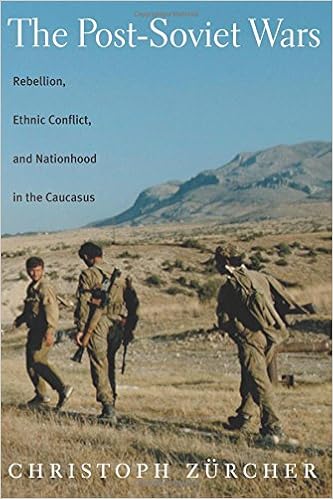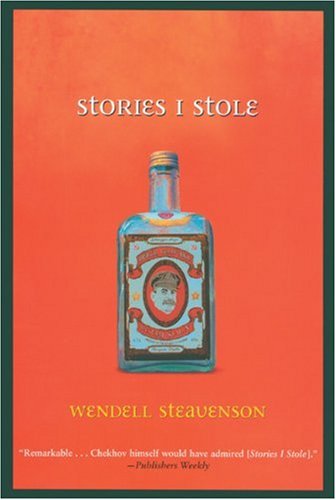One of the more curious side effects of the “branding” of localities in the War on Terror was the production of certain kinds of fantastic places, such that certain otherwise unremarkable places came to be diagnosed as “Terror bases.” This chapter explores a curious dual apperception of this place within two “folkloric” discourses. Within the discourse of Georgian folklore, Pankisi is at best peripheral, within the discourse of the Folklore of Terror, Pankisi briefly became central 다운로드. Finally, author show how the peripherality of Pankisi to “the nation,” and centrality to “terror,” became a resource of legitimate violence for the Georgian State 바탕화면 달력.
Manning, P. (2008). Folklore and Terror in Georgia’s ‘Notorious’ Pankisi Gorge: The ethnography of state violence at the margins of the nation 리스크 오브 레인. In Cultural Archetypes and Political changes in the Caucasus, eds. Nino Tsitsishvili and Sergey Arutiunov. Nova Science Publishers Inc.

 The Post-Soviet Wars is a comparative account of the organized violence in the Caucusus region, looking at four key areas: Chechnya, Armenia, Azerbaijan, Georgia, and Dagestan
The Post-Soviet Wars is a comparative account of the organized violence in the Caucusus region, looking at four key areas: Chechnya, Armenia, Azerbaijan, Georgia, and Dagestan  After working for Time magazine in London, Wendell Steavenson spent two years in the former Soviet republic of Georgia
After working for Time magazine in London, Wendell Steavenson spent two years in the former Soviet republic of Georgia